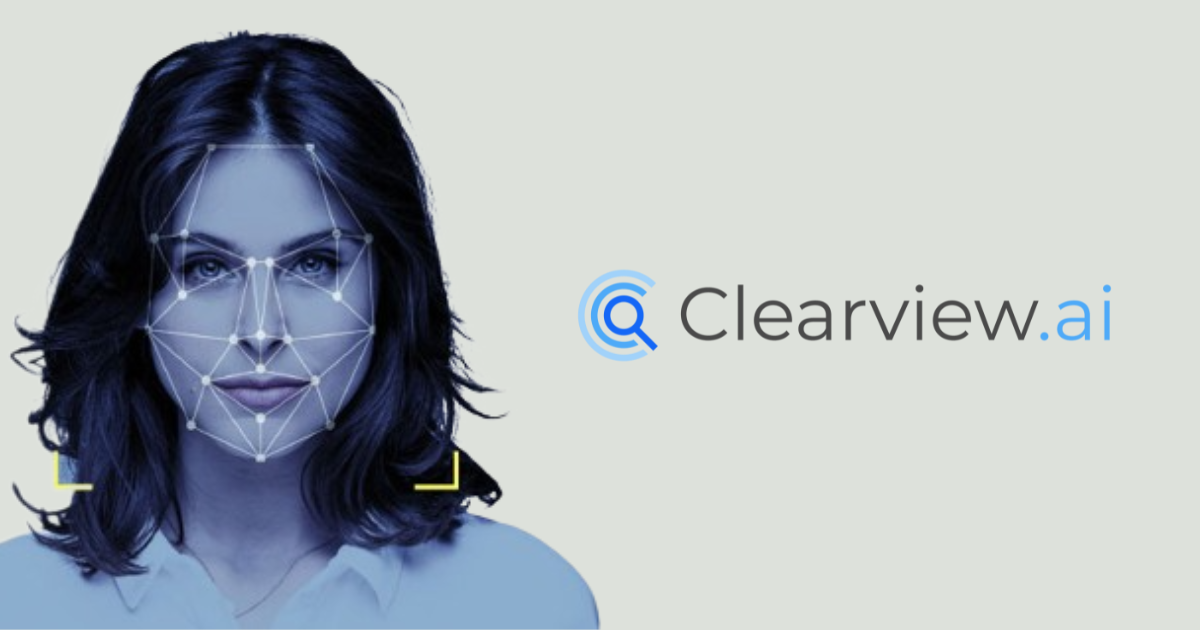Clearview AI, the US startup notorious for privacy violations, has been hit with another fine by the French data protection regulator, CNIL, for non-cooperation. The €5.2M penalty comes in addition to the €20M sanction imposed on the company last year for breaching regional privacy rules.
Clearview AI gained notoriety for scraping selfies from the internet to build a facial recognition tool, which it marketed to law enforcement agencies. The company has been found to have violated several requirements of the European Union’s General Data Protection Regulation (GDPR), as determined by CNIL and other regional data protection authorities. These violations have resulted in substantial fines totaling tens of millions of euros.
However, Clearview’s lack of cooperation with EU regulators raises questions about whether the fines will ever be paid. The company has failed to comply with CNIL’s orders, including the maximum penalty of €20M imposed in October 2022 for breaching GDPR regulations.
CNIL’s findings against Clearview AI include unlawful processing of tens of millions of citizens’ data and failure to provide data access rights. The latest fine is a consequence of the company’s continued non-compliance with CNIL’s orders. Clearview AI has also been instructed not to collect and process data on individuals in France without a legal basis and to delete unlawfully processed data.
Clearview AI’s failure to comply with the CNIL’s orders led to the imposition of the latest fine, which amounts to 52 days of non-compliance. Despite the penalties, the US-based company has denied that the GDPR applies to its business, stating that it does not have a presence or customers in France or the EU. The fines, however, serve as a deterrent to other entities considering using Clearview’s services in the region.
While the fines may pose challenges for Clearview AI, they also highlight the difficulty of enforcing regional regulations on uncooperative foreign entities in an era of significant cross-border data flows. The ongoing saga underscores the need for stronger regulations to protect individuals’ data from abusive practices by privacy-hostile AI companies. The forthcoming AI Act, currently being developed by EU lawmakers, aims to address these concerns, potentially prohibiting the use of remote biometrics in public spaces, an issue that Clearview AI’s actions may have influenced.



![[CITYPNG.COM]White Google Play PlayStore Logo – 1500×1500](https://startupnews.fyi/wp-content/uploads/2025/08/CITYPNG.COMWhite-Google-Play-PlayStore-Logo-1500x1500-1-630x630.png)